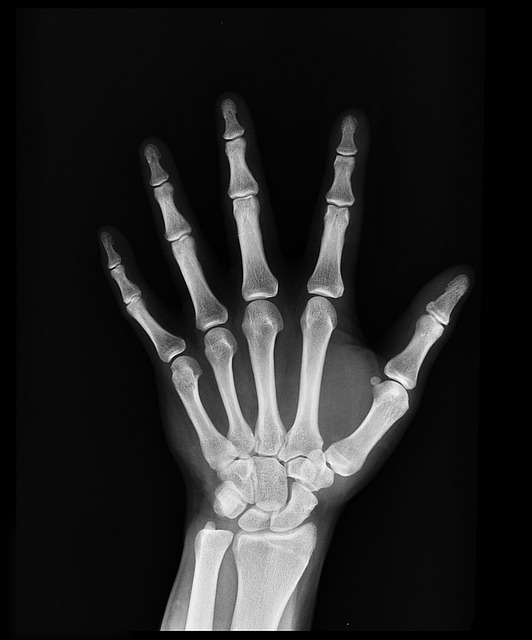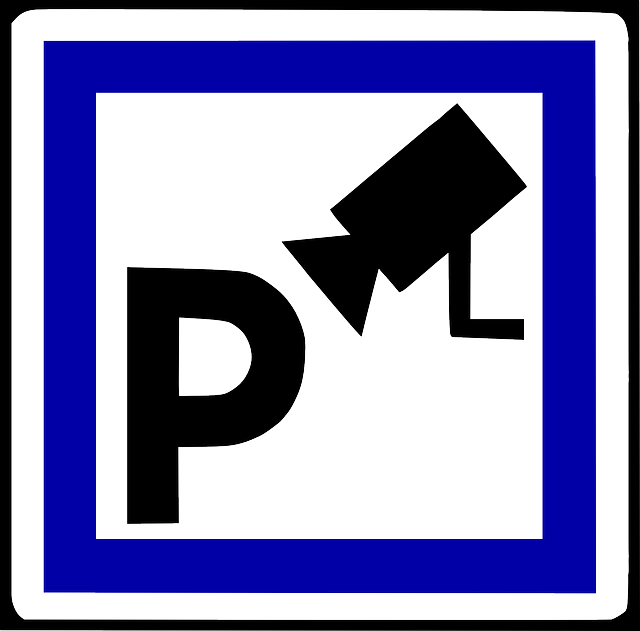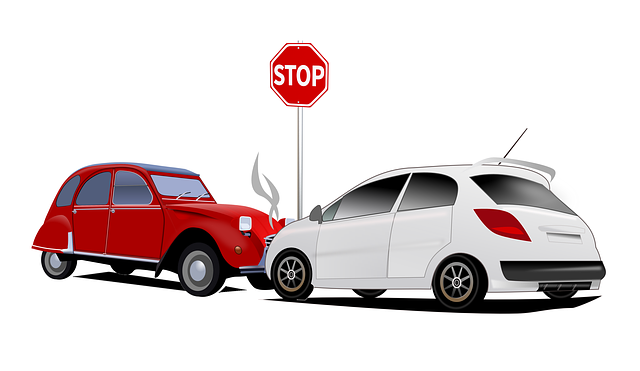Liability insurance is a critical safety net for individuals and businesses, protecting them from financial losses due to accidents, injuries, or errors that could lead to lawsuits. It covers medical bills, legal costs, and damages, with various types catering to different needs (General Liability, Professional Liability, etc.). Understanding risk factors like claims history, industry type, and coverage limits helps keep premiums low. Regular reviews and tailored policies ensure affordable rates. Misconceptions about liability insurance as expensive or only for large corporations should be cleared up, emphasizing its importance for all businesses and individuals to protect assets and future prospects. A systematic approach to shopping for insurance, including risk assessment, online comparison, and reading reviews, leads to suitable coverage at a reasonable cost, as demonstrated by real-world case studies of successful claims management.
“Liability insurance is a shield for businesses and individuals, offering protection against financial burdens stemming from legal claims. In this comprehensive guide, we explore the intricacies of liability coverage, its various types, and how it benefits small businesses and individuals. From understanding policy nuances to navigating cost-saving strategies, this article equips readers with knowledge to make informed decisions.
Discover key factors influencing insurance rates, dispel common myths, and learn effective shopping tactics for optimal coverage. Additionally, real-world case studies highlight the transformative power of affordable liability insurance in diverse scenarios.”
Understanding Liability Insurance: What It Covers and Why It's Necessary

Liability insurance is a crucial safety net for individuals and businesses, protecting them from financial loss due to accidents or injuries caused to others. It covers various scenarios, including medical expenses for injured parties, legal fees incurred during lawsuits, and compensation for damages or losses resulting from negligent acts. This type of insurance is essential as it shields policyholders from potential liabilities that could otherwise lead to significant financial strain.
For businesses, especially small enterprises, having liability insurance is pivotal. It safeguards against claims arising from product defects, customer injuries on premises, or professional mistakes. By purchasing the right coverage, business owners can ensure their operations remain uninterrupted and protect their personal assets from being at risk.
Types of Liability Insurance Policies: General Liability, Professional, and More

Liability insurance is a crucial safety net for businesses and individuals facing potential claims from third parties. It comes in various forms, each catering to specific needs. The three primary types are General Liability, Professional Liability, and Others.
General Liability Insurance covers a wide range of common risks including property damage and bodily injury to customers or visitors on your premises. It’s essential for businesses dealing with the public directly. Professional Liability Insurance, also known as Errors & Omissions (E&O) coverage, protects professionals like doctors, lawyers, and contractors from claims arising from alleged negligence or errors in their work. Other specialized liability insurance policies include products liability for manufacturers, directors & officers (D&O) for company executives, and workers’ compensation for employers.
Key Factors Affecting Liability Insurance Costs: How to Keep Expenses Low

Several key factors significantly influence the cost of liability insurance, and understanding them can help individuals and businesses keep expenses low. One of the primary determinants is the type of coverage needed. Different industries and business activities carry varying risks; for instance, construction sites have higher potential liabilities due to the nature of their work, which will reflect in their insurance premiums. Additionally, the history of claims and lawsuits against a business plays a crucial role. A company with a clean track record of no previous legal issues can expect lower rates compared to one frequently involved in litigation.
Another factor affecting costs is the level of coverage chosen. Higher limits provide broader protection but come at a higher price. Policy terms, such as deductibles and exclusions, also impact the overall cost. Businesses should carefully review their needs and opt for tailored policies to avoid paying for unnecessary coverage. Regularly reviewing and updating insurance plans to match changing business operations can help maintain affordable rates over time.
Benefits of Affordable Liability Insurance for Small Businesses and Individuals

For small businesses and individuals, affordable liability insurance offers a safety net that can protect against unforeseen events and financial burdens. By covering potential claims, accidents, or errors, this type of insurance provides peace of mind, ensuring that a single incident doesn’t lead to bankruptcy or significant financial strain. It’s a proactive step towards risk management, allowing business owners to focus on growth and success without the constant worry of financial exposure.
Liability insurance can shield against various risks, from medical expenses in case of accidents on premises to legal fees resulting from disputes. For individuals, it provides personal protection, safeguarding assets and savings. By investing in affordable liability coverage, businesses and people can mitigate potential losses, maintain financial stability, and continue pursuing their passions or professional goals without the constant shadow of financial risk.
Common Misconceptions About Liability Insurance and How to Clear Them Up

Liability insurance is often shrouded in misconceptions, leading many business owners and individuals to avoid or underestimate its importance. One common misperception is that it’s only for large corporations and high-risk industries. In reality, liability insurance is a necessity for any business or individual who could potentially face lawsuits due to accidents, injuries, or property damage caused by their actions. It offers financial protection against these unexpected events, covering legal fees and damages in case of a claim.
Another misconception is that it’s an expense that can be overlooked, especially for small businesses or those with limited operations. However, the cost of liability insurance pales in comparison to the potential financial burden of a single lawsuit. It provides peace of mind by safeguarding personal assets, business revenues, and future prospects. By clearing up these misunderstandings, individuals and businesses can make informed decisions about their liability coverage, ensuring they’re adequately protected against risks that could impact their stability and success.
Shopping for the Right Coverage: Tips for Comparing Liability Insurance Policies

When shopping for liability insurance, comparing policies is essential to finding the right coverage at an affordable price. Start by understanding your needs and risk level. Consider factors like your occupation, driving history, and the value of assets you want to protect. Each policy will have different limits, deductibles, and exclusions, so carefully review these details.
Next, research various insurance providers and their offerings. Online platforms provide easy access to multiple quotes, enabling you to compare coverage options side by side. Don’t be swayed solely by cost; ensure the policy includes the necessary liability protection. Reading reviews and checking the insurer’s reputation can also help make an informed decision when selecting a liability insurance policy that suits your budget and offers comprehensive protection.
Case Studies: Real-World Examples of How Affordable Liability Insurance Has Helped Businesses

Affordable liability insurance has been a game-changer for many businesses, offering protection against potential risks and financial losses. Case studies from various industries illustrate its tangible benefits. For instance, a small retail store faced a product liability claim after a customer suffered an injury due to a defective item. Thanks to their affordable liability coverage, they were able to settle the claim without facing significant financial strain, protecting their assets and maintaining their business’s reputation.
Another case involves a local restaurant that encountered a lawsuit related to food poisoning. The insurance policy, specifically tailored for businesses in the hospitality sector, provided the necessary funds to cover medical expenses and legal fees. This support allowed the restaurant to navigate the legal process, ultimately resulting in a favorable outcome that enhanced their commitment to food safety standards. These real-world examples demonstrate how affordable liability insurance serves as a shield, safeguarding businesses from unforeseen events and enabling them to focus on growth and sustainability.
